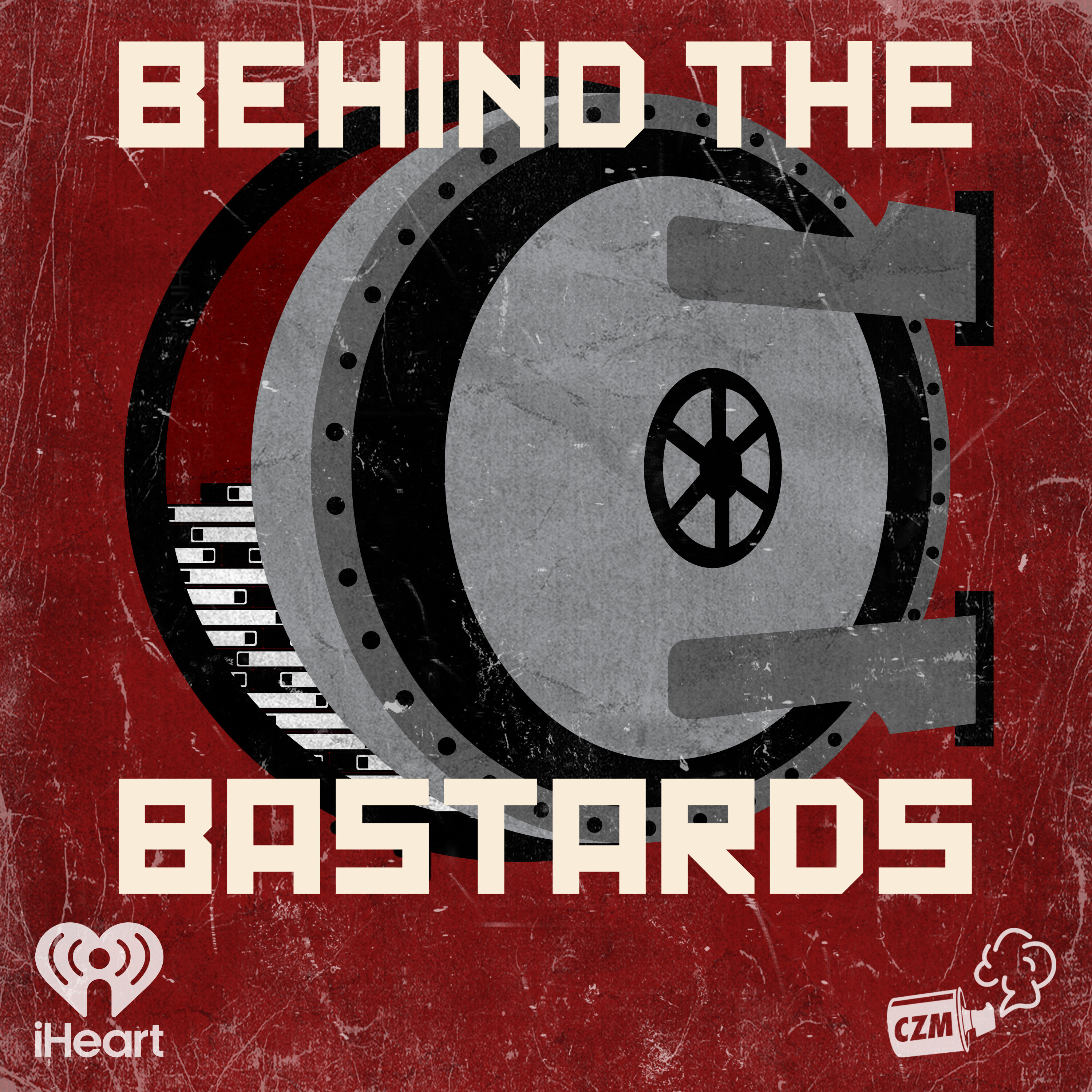
CZM Rewind: Part One: The Rush Limbaugh Episodes with Paul F. Tompkins

Behind the Bastards
Deep Dive
Why did Rush Limbaugh's early career in radio focus on satire and controversy?
Rush Limbaugh initially used satire and controversy to provoke listeners and gain attention. His early material mocked what he saw as left-wing caricatures of right-wing political commentators, aiming to entertain and draw in audiences through shock and humor.
What was the significance of Rush Limbaugh's 'AIDS Update' segment?
Rush Limbaugh's 'AIDS Update' segment, introduced in 1990, mocked the deaths of gay men during the height of the AIDS crisis. It featured songs like 'Kiss Him Goodbye' and 'I'll Never Love This Way Again,' and Limbaugh claimed it targeted 'militant homosexuals' rather than victims. The segment became infamous for its insensitivity and contributed to his polarizing reputation.
How did Rush Limbaugh's upbringing influence his political views?
Rush Limbaugh grew up in a conservative household in Cape Girardeau, Missouri, where his father, a staunch Republican, frequently ranted against liberals and communists. This environment deeply influenced Limbaugh's political beliefs, embedding a strong conservative ideology from an early age.
Why did Rush Limbaugh's father disapprove of his radio career?
Rush Limbaugh's father, a prominent lawyer and conservative figure, wanted his son to pursue a 'respectable' career in law or politics. He viewed radio as frivolous and unworthy of the Limbaugh family legacy, leading to frequent arguments about Rush's ambitions.
What role did Rush Limbaugh play in shaping modern conservative media?
Rush Limbaugh was a pioneer in conservative media, popularizing right-wing talk radio in the 1980s and 1990s. His provocative style, use of catchphrases, and attacks on liberals laid the groundwork for modern conservative media figures, influencing the tone and tactics of political discourse in the U.S.
How did Rush Limbaugh's early career in Kansas City shape his broadcasting style?
In Kansas City, Rush Limbaugh began taking listener phone calls and experimenting with insult comedy, which marked the beginning of his transition from a traditional DJ to a shock jock. This period helped him develop the confrontational and controversial style that would define his later career.
What was Rush Limbaugh's relationship with his audience like?
Rush Limbaugh cultivated a fiercely loyal audience by presenting himself as a voice for conservative Americans who felt marginalized by liberal politics. His use of catchphrases, humor, and aggressive rhetoric created a sense of community among his listeners, who saw him as a champion of their values.
Why did Rush Limbaugh's career take off in Sacramento?
Rush Limbaugh's career took off in Sacramento because he became the voice of California's conservative population, particularly in rural and agricultural areas. His attacks on liberal policies resonated with listeners who felt oppressed by the state's liberal governance, propelling him to national prominence.
Shownotes Transcript
Robert is joined by Paul F. Tompkins to discuss Rush Limbaugh.
FOOTNOTES:
- https://www.latimes.com/archives/la-xpm-2006-apr-29-na-limbaugh29-story.html)
- https://www.theguardian.com/world/2003/oct/11/usa.julianborger1)
- https://longreads.com/2019/03/15/how-the-shock-jock-became-the-outrage-jock/ )
- https://www.vanityfair.com/news/2009/05/rush-limbaugh200905)
- https://newrepublic.com/article/161405/rush-limbaugh-racist-sexist-conservative-media-worse)
- https://www.metroweekly.com/2021/02/rush-limbaugh-mocked-gay-people-dying-from-aids-on-his-radio-show/)
- https://www.nytimes.com/1990/12/16/magazine/the-rush-hours.html)
- https://www.businessinsider.com/presidential-medal-awardee-rush-limbaughs-racist-and-sexist-comments-2020-2)
- https://www.politico.com/story/2012/03/10-things-you-didnt-know-about-rush-073661)
- https://www.nytimes.com/2021/02/20/opinion/politics/rush-limbaugh-conservative-media.html)
See omnystudio.com/listener) for privacy information.